20 pages • 40 minutes read
Robert FrostOut, Out—
Fiction | Poem | Adult | Published in 1916A modern alternative to SparkNotes and CliffsNotes, SuperSummary offers high-quality Study Guides with detailed chapter summaries and analysis of major themes, characters, and more.
Themes
Death in the Modern World
Death is an age-old subject for poetry. Traditionally, a poem concerning individual death would express lamentation or consolation, or it might celebrate the deceased person’s unique life. However, “‘Out, Out—’” does something different, as the deceased is relatively depersonalized. The narrative offers no details about him before his death; the speaker does not even indicate that the boy is part of the narrative until Line 11, and the mention of him seems almost in passing. Further, the poem never shares his name or his communal connections—essentially, the narrative does nothing to establish this boy as an individual.
This deviation from the traditional mode occurs in a time of cultural shift, when the effects of the industrial revolution are still very much being experienced. In this poem, industrialization, symbolized by the buzz saw, is largely responsible for the death of the boy; even if he had been wounded by a traditional tool such as an ax, survival would have been much more likely. Moreover, the survivors take no time to lament or memorialize the boy; they simply “turn […] to their affairs” (Line 34). Death in the modern world, the poem implies, is sudden, violent, and anonymous.
Related Titles
By Robert Frost

Acquainted with the Night
Robert Frost
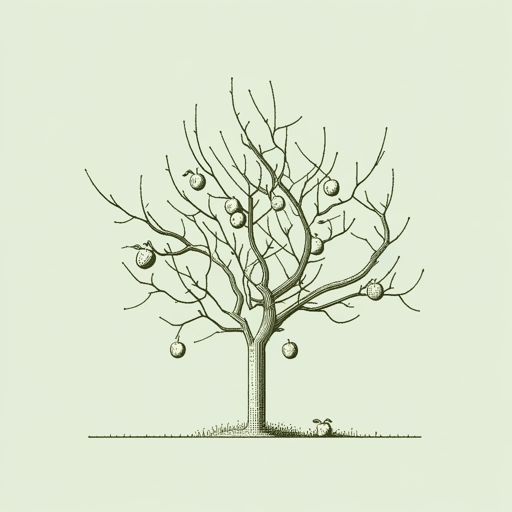
After Apple-Picking
Robert Frost
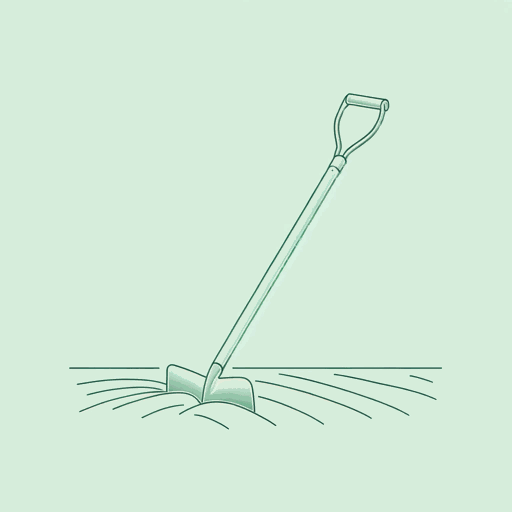
A Time To Talk
Robert Frost

Birches
Robert Frost

Fire and Ice
Robert Frost
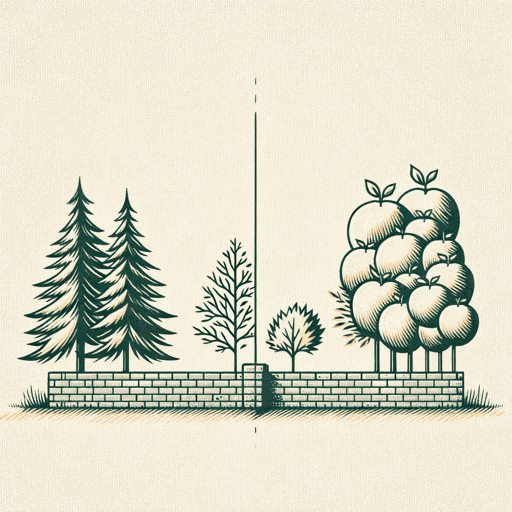
Mending Wall
Robert Frost

Nothing Gold Can Stay
Robert Frost

October
Robert Frost

Once by the Pacific
Robert Frost

Putting in the Seed
Robert Frost
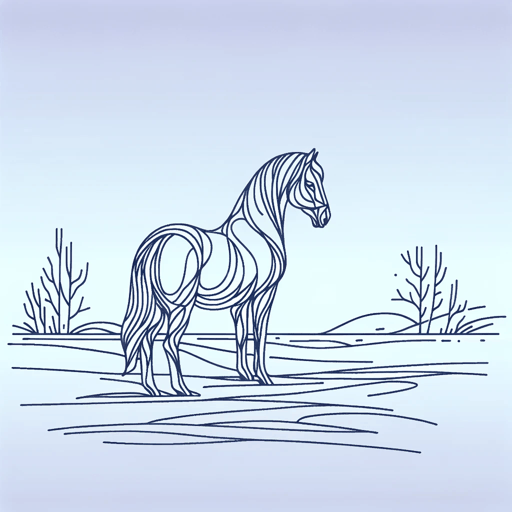
Stopping By Woods On A Snowy Evening
Robert Frost

The Death of the Hired Man
Robert Frost

The Gift Outright
Robert Frost

The Road Not Taken
Robert Frost
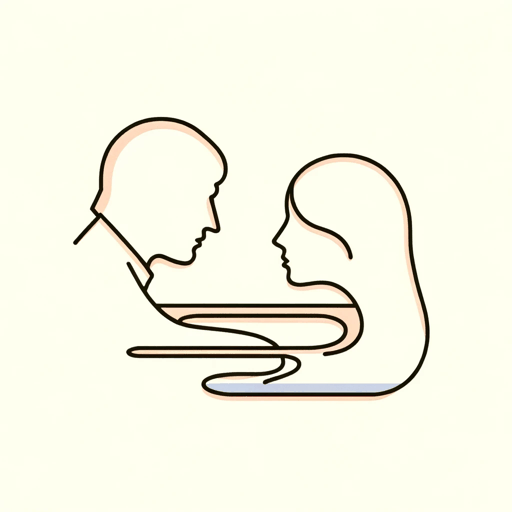
West-Running Brook
Robert Frost

